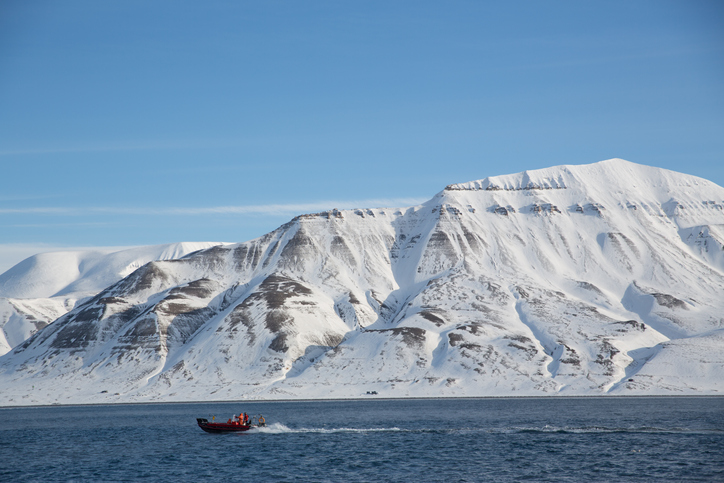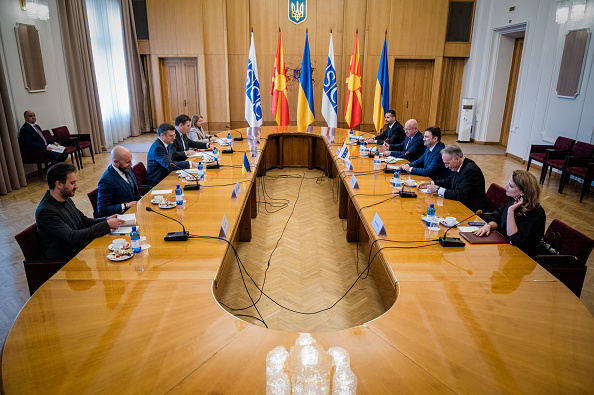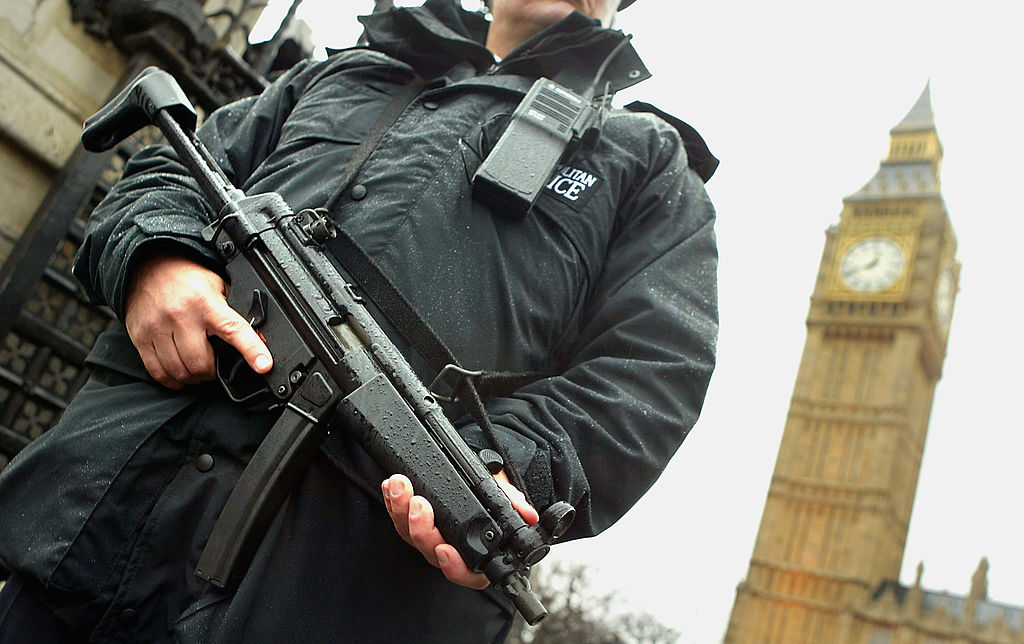A man posing as a Brazilian academic, based in Norway’s Arctic North, admitted in court he is Russian and a colonel in the GRU or Main Intelligence Directorate – Russia’s military intelligence group.
The revelation comes among several recent developments suggesting Moscow is now stepping up its spying operations in Europe, experts have told Brussels Signal.
The University of Tromsø’s José Assis Giammaria turns out to be Mikhail Valeryevich Mikushin. Mikushin previously studied political science at two universities in Canada, it is thought possibly while building up a cover identity as a Brazilian.
Mikushin admitted his Russian name in a court hearing on December 14.
“I believe we are witnessing Russian efforts to make up for the shortfall in having their GRU and SVR [Russia’s Foreign Intelligence Service] legal residencies in Europe shut down by the massive persona non grata actions last year,” said Daniel Stanton, a former executive manager in the Canadian Security Intelligence Service who now directs the University of Ottawa’s National Security Programme.
Half of Russia’s known spies in Europe have been expelled after the Ukraine invasion, MI6’s chief Sir Richard Moore told the US Aspen Security Forum conference last year.
The number of these expelled intelligence officers, operating under diplomatic cover, was “something north of 400”, he said.
Persona non grata refers to the process by which governments ask diplomats working in their country to leave.
Mikushin appears instead to be one of Russia’s non-official cover personnel.
Those operating under non-official cover are normally trained to deny any connection with their governments, thus preserving “plausible deniability”. At the same time, it denies them diplomatic legal assistance or official recognition.
“These illegals – known as ‘razvedchik’, an approximation of the word ‘scout’ – have been activated and tasked to fill the critical gaps in Russian intelligence collection,” said Stanton.
Canada does not maintain a centralised repository of births and deaths, making it a tempting country for intelligence services seeking to craft backgrounds for non-official cover personnel, experts say.
Latin America also frequently figures in the “invented backgrounds” of Russia’s non-official cover operatives.
“Former John Hopkins University student Sergey Chernaksov was a GRU illegal with a Brazillian cover similar to Mikushin, and others,” Stanton said.
“Russian intelligence must have accessed Brazilian [and Argentinian] documentation and processes,” he added.
A Brazilian notary “was charged with corruption last year and may have – I’m speculating – facilitated access to the documentation”, Stanton said.
When Norway arrested and charged Mikushin with entering the country under false pretences in October last year, Norwegian prosecutor Thomas Blom said his country’s domestic security agency was “not positively sure of his identity, but we are quite certain that he is not Brazilian”.
While Mikushin has admitted being a military-intelligence colonel, it is the smaller number of unidentified non-official cover operatives from the civilian SVR foreign intelligence service that makes Western observers uneasy, it is said.
“What is disquieting is the dearth of SVR illegals that have been compromised. There have been just a few unmasked in Europe,” said Stanton.
The SVR “may have fielded a number smaller than the GRU, or they have better cover and tradecraft”, he added.
The latest incident leads some to question the standard of GRU operations.
Ecaterina Matoi, an intelligence and national security researcher based in Switzerland, said Mikushin’s type of cover “speaks to the fact that Norway is of strategic importance to Russia but his poor training leads me to believe that the GRU is not as good as it was known to be in the intelligence field”.
Or perhaps, she speculated, “Giamarria/Mikushin was just a red herring for the Norwegians/NATO to protect the real illegal spies/sleeping cells members.”
If Russia is increasing its espionage activities, say experts, the Baltics – the site of what is seen as the probable sabotage of Russia’s two Nord Stream natural gas pipelines – is an obvious target, as is Norway.
Norway neighbours Finland, a new NATO ally, and Sweden, a NATO applicant.
Russia maintains a Northern fleet stationed in the Arctic and, said Matoi, it is eyeing a Nordic route as a possible alternative to Suez and other economic shipping corridors.
It is also not unimaginable that Moscow may attempt to strengthen possible intelligence co-operation arrangements with Beijing, she added.
“I would not overlook a potential intelligence-sharing collaboration on a certain level between China and Russia regarding specific strategic points or areas in Europe, given Russia’s need for a strong ally at this time, and also, China’s interests at least on the economic side.”





